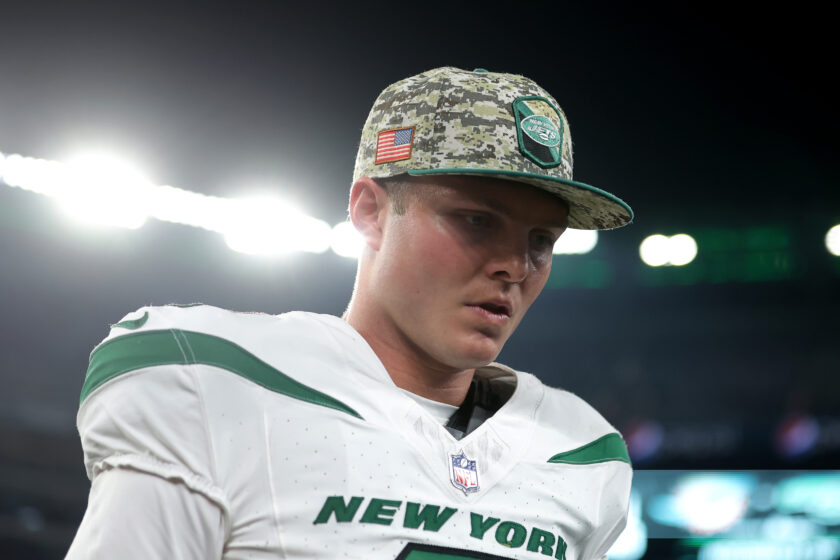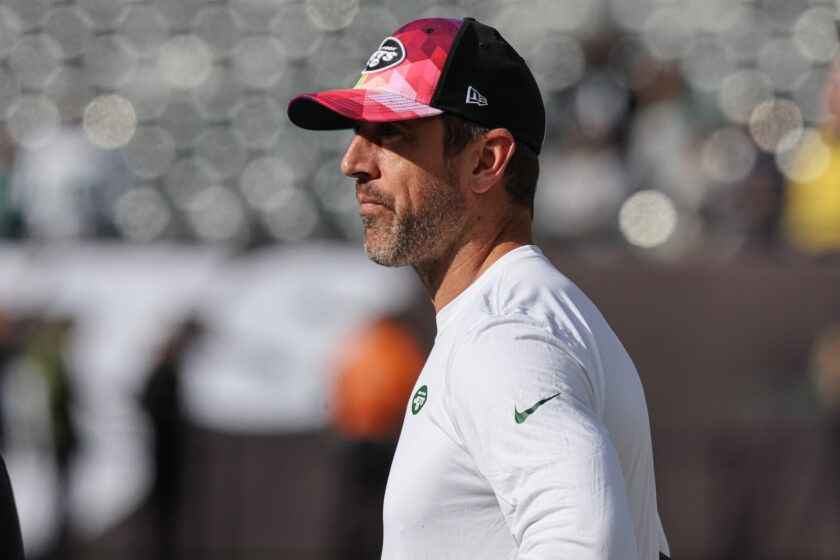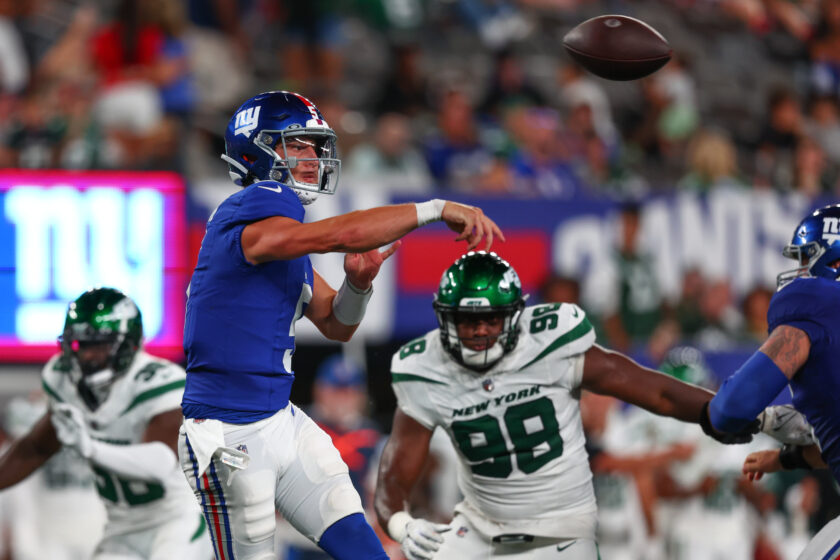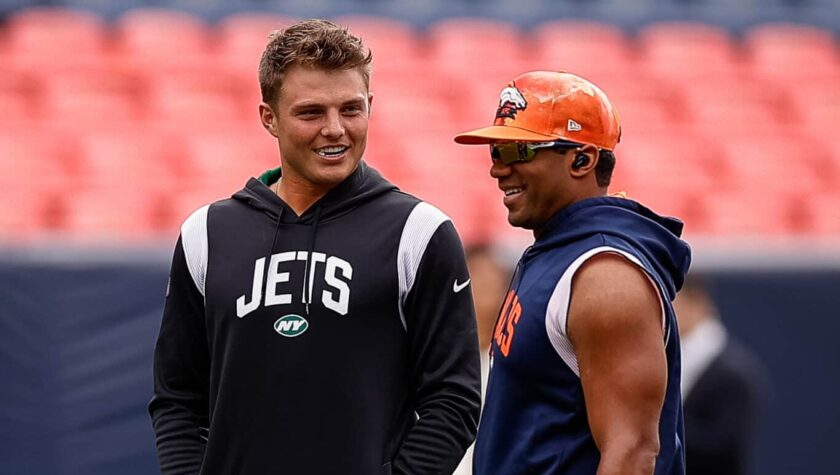A Le’Veon Bell trade is fine, but not necessary for the New York Jets
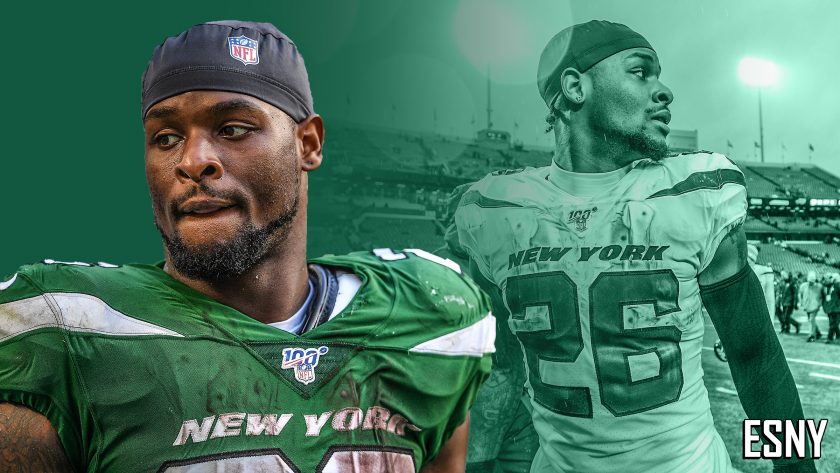
The New York Jets can use a Le’Veon Bell trade to build the roster, but his contract shouldn’t be the driving force.
One of former New York Jets general manager Mike Maccagnan‘s final decisions, before he was fired, was to give running back Le’Veon Bell a four-year contract worth $52.5 million. Dishing out that money to a running back was controversial, considering the offensive line issues the team had at the time.
And, in the end, it didn’t quite work out in Bell’s debut Jets season.
The workhorse finished with just 1,250 yards from scrimmage, which is the lowest in any season he’s played more than six games. He also had a career-low 3.2 yards-per-carry and a career-low four yards per touch.
While Bell’s usage wasn’t great, he clearly wasn’t the playmaker that the Jets hoped they were acquiring. While Bell should improve as new general manager Joe Douglas improves the offensive line, it’s possible that the team could trade Bell. While using Bell as a piece to improve their draft pick situation could work for the team, trading Bell just to clear a contract is a bad decision.
Bell’s cap hit is higher than it should be for a running back, especially one on a team that has several holes on their roster. That makes it a prime contract to attempt to clear on the surface. But there are several reasons as to why Bell’s contract is tolerable, and the main one is Sam Darnold.
Darnold is scheduled to have a salary-cap number of $8.25 million next season, which is incredibly low for a starting quarterback, thanks to the fact that he is on his rookie contract. Smart teams take advantage of these years when their quarterback is so underpaid and overpay at other positions to put weapons around them and win in a prime window.
It’s how the Los Angeles Rams were able to make the Super Bowl with Jared Goff as their starting quarterback. Goff is, at best, an average quarterback who was able to help the team win because he had insane amounts of talent around him, which was possible because he was making money that is way less than what quarterbacks usually make.
The Jets have two more years of Darnold’s four-year rookie deal plus his fifth-year option that they will surely exercise. That freedom allows them to overpay for players such as Bell, as they are making up so much surplus value at quarterback.
The team currently projects to sit with just under $60 million in cap space. While there are several positions that need upgrades, including offensive line, cornerback and edge rusher, those are positions that are very difficult to fill in free agency (see the disastrous Trumaine Johnson contract as an example of what can happen if a team opts for a quick fix at that position).
[sc name=”Jets GM Joe T-Shirt” ]Clearing extra cap space by trading Bell won’t help the Jets if the talent to upgrade these positions isn’t there. All the money in the world can’t create more supply than there currently is, and there are rarely high-quality free agents available at offensive line or edge rusher.
The team’s best option to upgrade at these three premium positions is by building through the draft and acquiring young players who can grow into the role. While trading Bell to add trade assets can help, doing it purely as a salary dump won’t help the team going forward.
If they get a fair offer for him, they should pull the trigger. But if the best they can do is find a team willing to take his salary, but not give anything of note back to the team, they are better off holding onto Bell and taking advantage of Darnold’s cheap salary.
I'm a student at Binghamton University. I'm a huge fan of the Mets, Rangers, Giants, and Jets, and will be covering them for the site, as well as fantasy hockey, football, and baseball. My twitter is @wmcine



